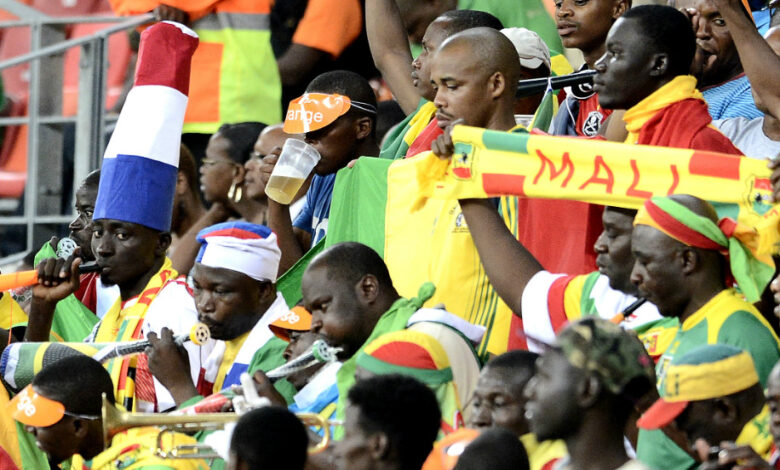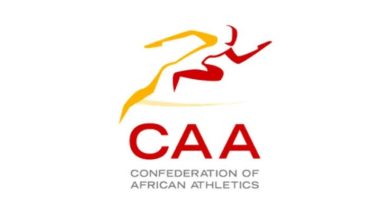Covid-19: Private Sporting Press in Mali gets Sports Ministry’s support

By George Aluo
Unlike in some countries, where the media has been left in the lush, the sports ministry in Mali has given the sporting press (those in the private sector) some lifeline in the midst of the Covid-19 crisis.
AIPS reports that Mali’s Minister of Youth and Sports offered help to the sporting press, especially those in the private sector who are contributing their quota to the country’s sports development.
According to the report, the sports ministry in the poor and crisis ridden country donated cereals, sanitary equipment, masks, hand sanitizers, hand washing kits to the media outfits as palliative while the soccer federation FEMAFOOT doled out cash of 5 Million CFA.
According to the report, Sports media companies in Mali have been adversely affected by Covid-19, a situation that moved the sports ministry to offer some lifeline.
The report stated in part…”Mali has been affected by the coronavirus pandemic, which has led to the suspension of many activities including those related to sports. Almost all companies were affected. The media companies are at the frontline of the crisis. Over time, the slump in sales caused several newspapers to stop working. Radio and television stations experienced lack of information, especially sports information at the national level. Most of the private media companies shut down. In reaction to this hard situation for the media, the Minister of Youth and Sports offered sanitary equipment to the Sport Press Association of Mali (AJSM) consisting of masks, hand sanitizers and hand washing kits. To further mitigate the adverse effects of the pandemic on the press, the government has donated cereals to several press associations including AJSM. The sports press would later benefit from the FEMAFOOT (Malian Football Federation) an amount of 5 million CFA francs from FIFA’s COVID-19 emergency fund. This amount was shared among the members of the association. The rest of the amount helped the association to cover certain operating expenses of its headquarters.”
The report added that the public press was not affected as much as the private press was because the payment of salaries did not come to a halt, unlike the private press, which was forced to stop working in some places.





